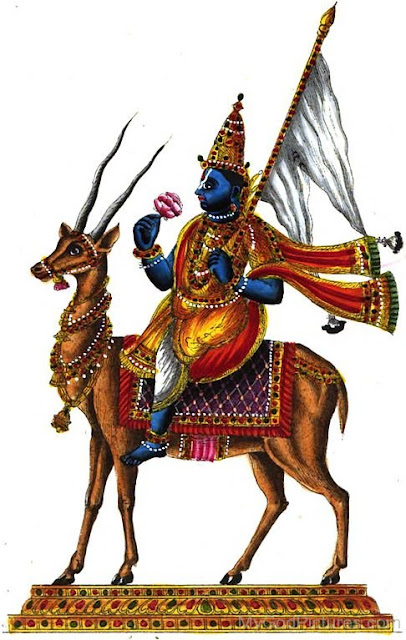SatyaNaryan Dev
DevThe Satyanarayan Puja is a Hindu (Devanāgarī: हिन्दु) religious observance. It is a ritual performed by Hindus before/on any major occasion like marriage, house warming ceremony etc. It can also be performed on any day for any reason. The Satyanarayana Puja is unique in that it does not require a Brahmin to perform.It is believed the ceremony originated in Bengal as Satya Pir ritual performed by all communities (Hindu, Muslim and buddhists) and later in 1800s morphed into Satyanarayan puja.
The Satyanarayana Puja is usually done on the Purnima day of every month (the day of the full moon) or a Sankranti. It is also done on special occasions and during times of achievements as an offering of gratitude to the Lord. These occasions include marriage, graduation, new job, and the purchase of a new home to name a few. In addition, it is said that a devotional performance of this puja will bear children to couples trying to start a family.

























